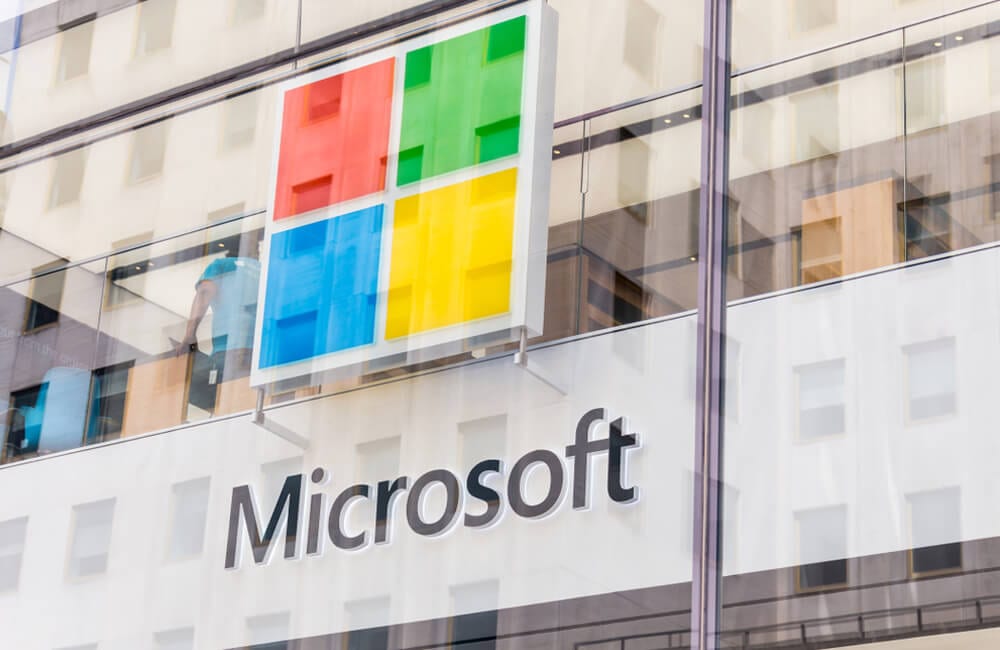Peeping through the windows: Microsoft to incorporate MANDATORY AI systems in Windows 11 to SPY on all your computing activities
06/01/2023 / By JD Heyes

Microsoft has made an announcement stating that it will be incorporating robust built-in artificial intelligence (AI) integration across its Windows 11 operating system, and already privacy experts and advocates are concerned.
According to Microsoft, the inclusion of AI is intended to enhance the usability and speed of Windows 11. However, concerns have been raised by certain experts who fear potential privacy invasions resulting from AI integration within Windows 11. The extent to which “Windows Copilot” will be integrated into various aspects of Windows 11 remains uncertain at this time, but since it’s Microsoft and Bill Gates, we’re not optimistic that things will be on the level.
At first glance, it seems that Microsoft’s newly integrated AI will have the capability to analyze all the content on your computer using its artificial intelligence engine, regardless of your preferences. The introduction of a feature called Windows Copilot, which utilizes AI to interact with Microsoft’s cloud-based systems, was announced for Windows 11.
According to Microsoft, Windows Copilot aims to assist users in achieving greater productivity and simplify the process of app development for programmers working on Windows applications.
Although Windows Copilot has the potential to enhance productivity, concerns arise regarding the increased access it provides Microsoft to users’ personal information stored on their computers. The integration of AI in Windows 11 may grant access to user keystrokes, saved data, and deleted information. This data could be vulnerable to hacking, misuse, or even collection by Microsoft itself, much like Google already does.
As AI learns from user interactions with Windows 11, large amounts of private data could be gathered. The closed-source nature of Windows adds to the uncertainty, as users may never truly know how their data is being collected and utilized by the operating system. And that raises concerns about potential misuse or unauthorized use of user data by cybercriminals or Microsoft, according to the site Jeff.Pro.
The central concern lies in the user’s ability to control their data and decide when AI has access to their information, rather than it having continuous access to everything on their computer. While AI can undoubtedly offer advantages such as time-saving in repetitive tasks, Microsoft needs to provide clear explanations regarding how AI functions within Windows 11 and offer options to limit or disable its capabilities.
Presently, there are indications that certain elements of “Windows Copilot” persistently operate in the background of the operating system, even when they are supposedly deactivated. Transparency and user control are crucial in addressing these concerns, of course, Jeff.Pro noted.
The extent to which the AI in Windows 11 can be disabled remains uncertain at this stage, as it appears tightly integrated into the operating system. There might be a lack of options to completely deactivate AI features in Windows 11, leaving users uncertain about how their information is managed.
Informed users value transparency and the ability to make choices regarding their personal data. It’s possible that Microsoft has concluded that the majority of users are indifferent to the specifics of data collection, which could explain the ambiguity surrounding the enabling and disabling of the new AI integrations in Windows.
Microsoft has faced longstanding criticism from privacy advocates regarding its perceived surveillance of users through Windows. The impact of AI features in Windows 11 and future versions on these concerns remains to be seen.
Considering Microsoft’s history and the increasing apprehension surrounding AI and privacy, users with technical knowledge might want to explore alternative options such as Linux. Linux, being an open-source operating system, provides users with greater transparency and control over their data and computing environment.
“For those worried about an AI-powered operating system collecting and potentially misusing personal information, Linux provides a compelling option versus Windows 11,” notes Jeff.Pro.
“Linux provides a complete Windows replacement free from the kind of artificial intelligence integration discussed in this article. As an open-source project, Linux’s source code is publicly viewable, allowing independent experts to verify that it does not engage in data collection or surveillance,” the site added.
Sources include:
Submit a correction >>
Tagged Under:
AI, artificial intelligence, Big Tech, bing, computing, conspiracy, cyber war, deception, Glitch, information technology, Linux, Microsoft, Microsoft 11, operating system, privacy concerns, privacy watch, surveillance, tech giants, technocrats, Windows 11, Windows CoPilot
This article may contain statements that reflect the opinion of the author
RECENT NEWS & ARTICLES
COPYRIGHT © 2018 CYBORG.NEWS
All content posted on this site is protected under Free Speech. Cyborg.news is not responsible for content written by contributing authors. The information on this site is provided for educational and entertainment purposes only. It is not intended as a substitute for professional advice of any kind. Cyborg.news assumes no responsibility for the use or misuse of this material. All trademarks, registered trademarks and service marks mentioned on this site are the property of their respective owners.

















